British PM opposes possible execution of two British Daesh suspects
The office of British Prime Minister Theresa May has rejected reports in the media that London would not object to possible death penalty sentences in the United States for two Daesh suspects of British nationality who had been arrested in Syria in January.
“It’s a long-standing position of the government to oppose the death penalty ... as a matter of principle,” the spokeswoman told reporters on Monday.
The comments came in an apparent response to reports earlier in the day indicating that Britain’s interior minister, Sajid Javid, had dropped London’s blanket opposition to the death penalty to allow Alexanda Kotey and El Shafee Elsheikh, two British members of the Dasesh Takfiri terrorist group who have been accused of complicity in killing a series of high-profile Western captives, be sent to the US for prosecution.
May’s spokeswoman said that the government would do its best to find the most appropriate country for the prosecution of the two suspects.
“We are continuing to engage with the US government on this issue and our priority is to make sure that these men face criminal prosecution,” said the official, adding, “We want to make sure they face justice in the most appropriate jurisdiction which maximizes the chances of a successful prosecution.”
Kotey and Elsheikh have been accused of membership in a faction of Daesh called “Beatles” which was known for its brutal kidnappings, torture and murder of Western hostages in Syria, including US journalists James Foley and Steven Sotloff.
A leaked letter published the Daily Telegraph on Monday showed that Javid had nothing against the execution of the two terrorists despite Britain’s stance as a supporter of the global abolition of the death penalty.

“I am of the view that there are strong reasons for not requiring a death penalty assurance in this specific case, so no such assurances will be sought,” said the letter addressed to US Attorney General Jeff Sessions.
Other documents leaked to the newspaper suggested that Britain had approved of plans to send the two suspects to the notorious Guantanamo Bay prison.
Like several other European countries, the United Kingdom has seen many of its nationals join Daesh and other terrorist groups in Iraq and Syria over the past years. Experts say lax controls and lack of proper surveillance and intelligence programs in current and previous British governments have allowed Daesh to recruit from the country.
VIDEO | Press TV's news headlines
VIDEO | US-Israeli genocide: Will Gazans see ceasefire deal achieved?
VIDEO | Grief strikes Parachinar: 44 lives lost in terror attack
VIDEO | Yemen’s armed forces target Israeli airbase amid nationwide pro-Palestinian rallies
Putin vows more test of new hypersonic missile
VIDEO | Jordanians continue rallies to denounce Israeli genocide in Gaza, Lebanon
6 Israeli soldiers commit suicide: Reports
Diplomat discourages recourse to pressure, intimidation, confrontation against Iran



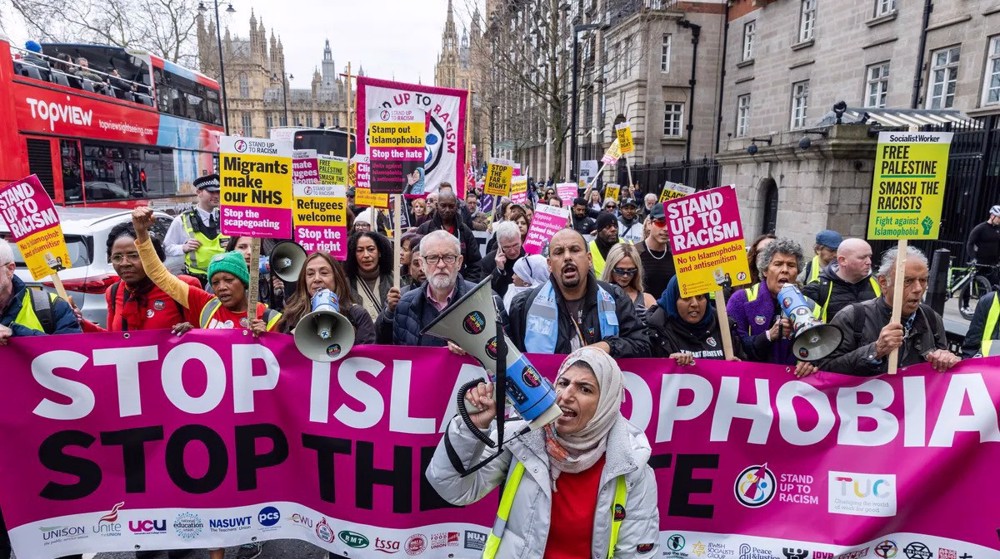
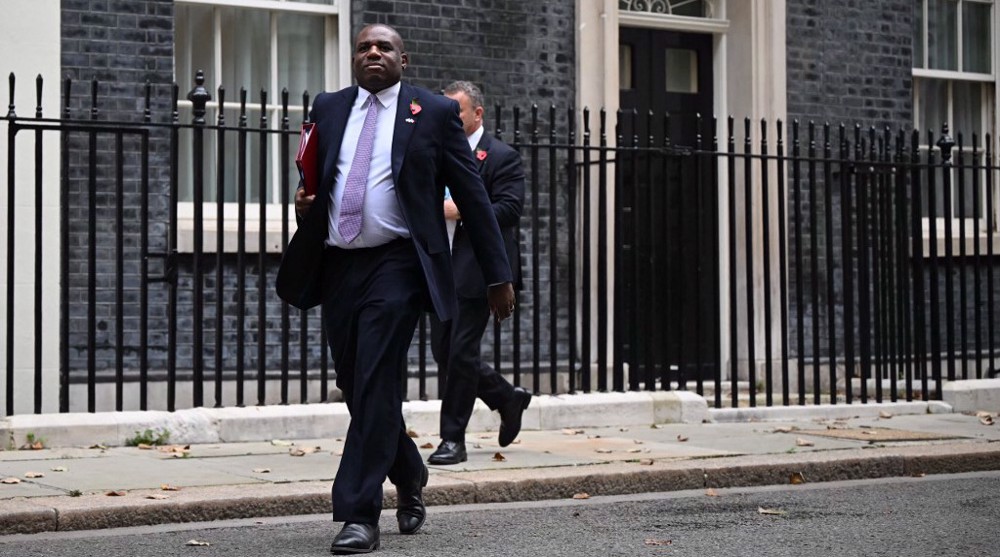
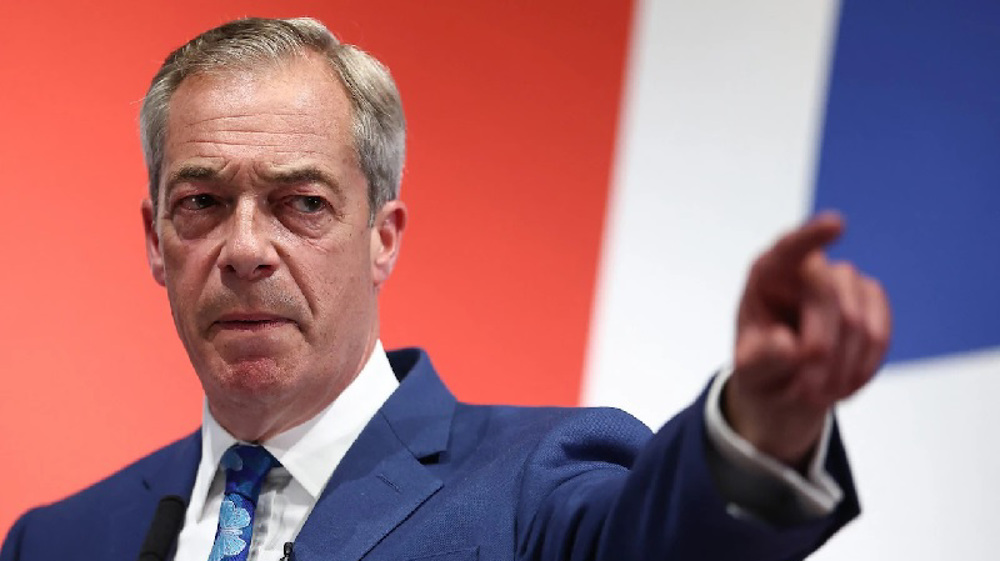



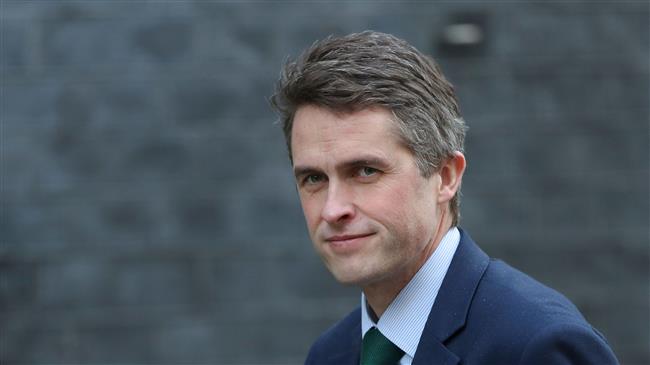

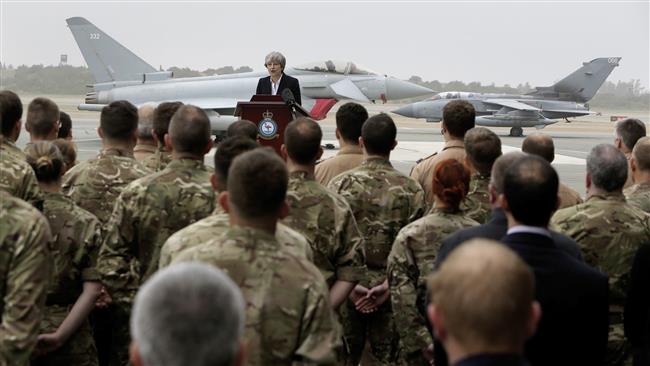

 This makes it easy to access the Press TV website
This makes it easy to access the Press TV website